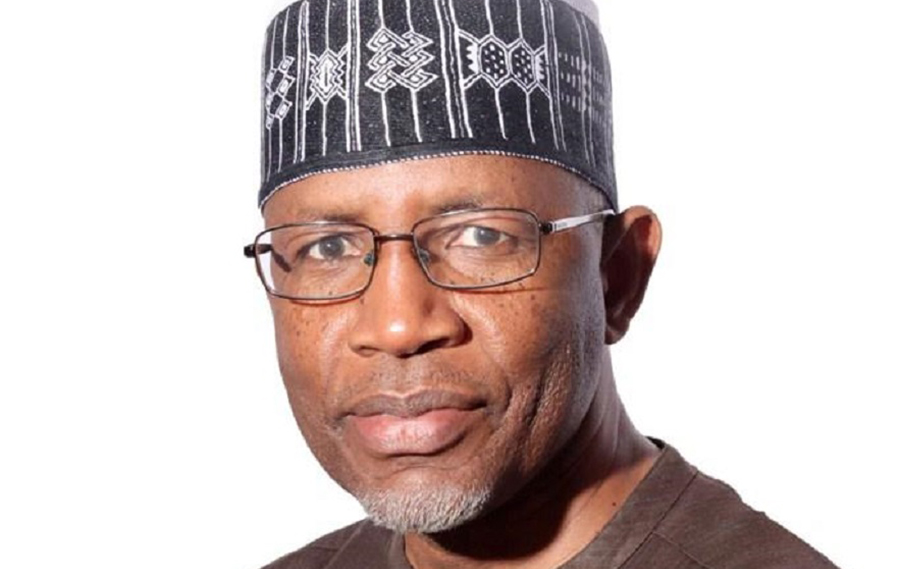The Securities and Exchange Commission (SEC), has revealed that state governments in the country have borrowed at least N900 billion from the Nigerian capital market since 1978.
According to a report from Vanguard, this disclosure was made by the Director-General (DG) of SEC, Mr Lamido Yuguda, at a webinar which was organized by the Nigerian Stock Exchange (NSE) on ways sub-nationals can raise funds through the sale of state-owned enterprises.
READ: Nigeria’s total public debt stock increased by N2.381 trillion in 3 months
The SEC DG who was represented by the Executive Commissioner in charge of Legal and Enforcement, Mr. Reginald Karawusa, revealed that this amount was raised from the capital market through the issuance of debt since 1978.
While speaking on ‘Privatization in Nigeria and the Outlook for Sub-National Economic Development’, the theme of an event organized in partnership with the Nigeria Governors’ Forum (NGF) and the Nigerian Investment Promotion Council (NIPC), he said a huge part of these funds were deployed to financing capital projects and some critical infrastructures for the development of their various states.
READ: FG to disburse N97.3 billion to tech innovators, agric enterprises
He said, “Sub-national issuers in Nigeria have been able to access the debt capital market over the years since 1978, state governments in Nigeria have raised close to N900 billion through debt issuances. A significant part of these funds was deployed to finance capital projects across the country.’’
It must be noted that State governments raise long-term funds from the capital market through bond issuance. In the past, many states including Lagos, Ekiti, Delta, Edo State, Yobe, Osun among others, have raised funds from the market which were basically used for the execution of projects and development of infrastructures.
READ: FG reveals amount spent on school feeding program during lockdown, denies spending N13.5bn monthly
The SEC boss, however, noted that a drop in allocation from the Federal Government due to significant decline in oil revenue, low level of internally generated revenue and so on, has negatively affected the ability of most of these states to pay salaries after servicing its debts. This has also affected the states’ ability to continue to borrow in a sustainable manner.
On the privatization of state-owned enterprises, Yuguda said, “Several enterprises are still owned and controlled by the government, both at the state and federal levels. A number of these entities have the capacities to generate cash flows and corporate profitability.’’
READ: Unclaimed dividend stands at N158.44 billion, over N100 billion from unclaimed shares
He noted that privatization is a way for governments to unlock economic potentials inherent in these state-owned enterprises.
It must also be noted that raising these funds from the capital market which are needed badly for development, will be good for transparency, meet the financial obligation and good for funding of capital projects for development. Such improved infrastructure can help increase the internally generated revenue.
